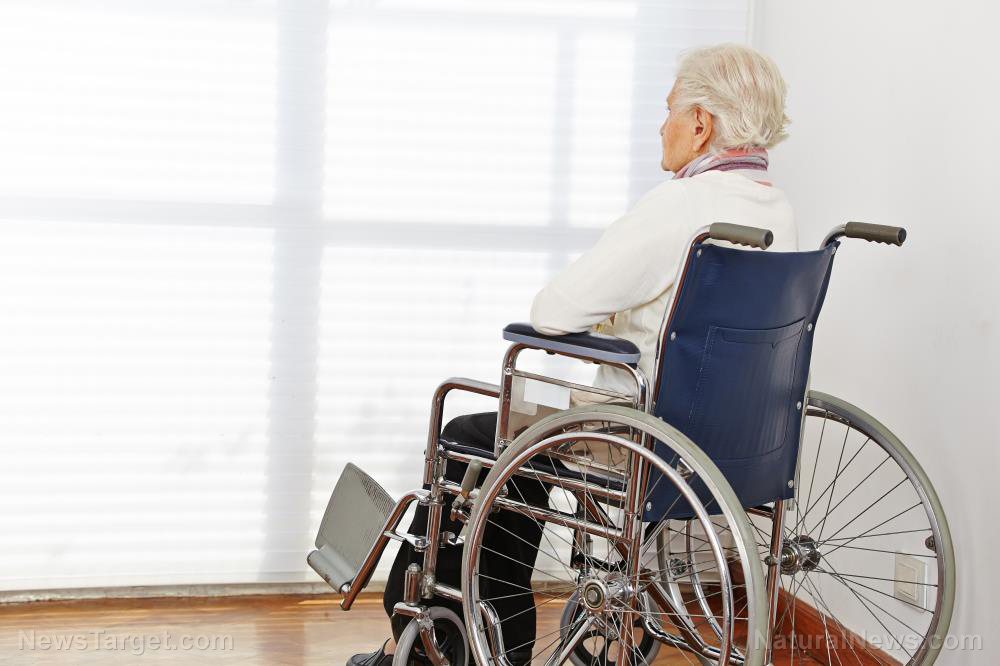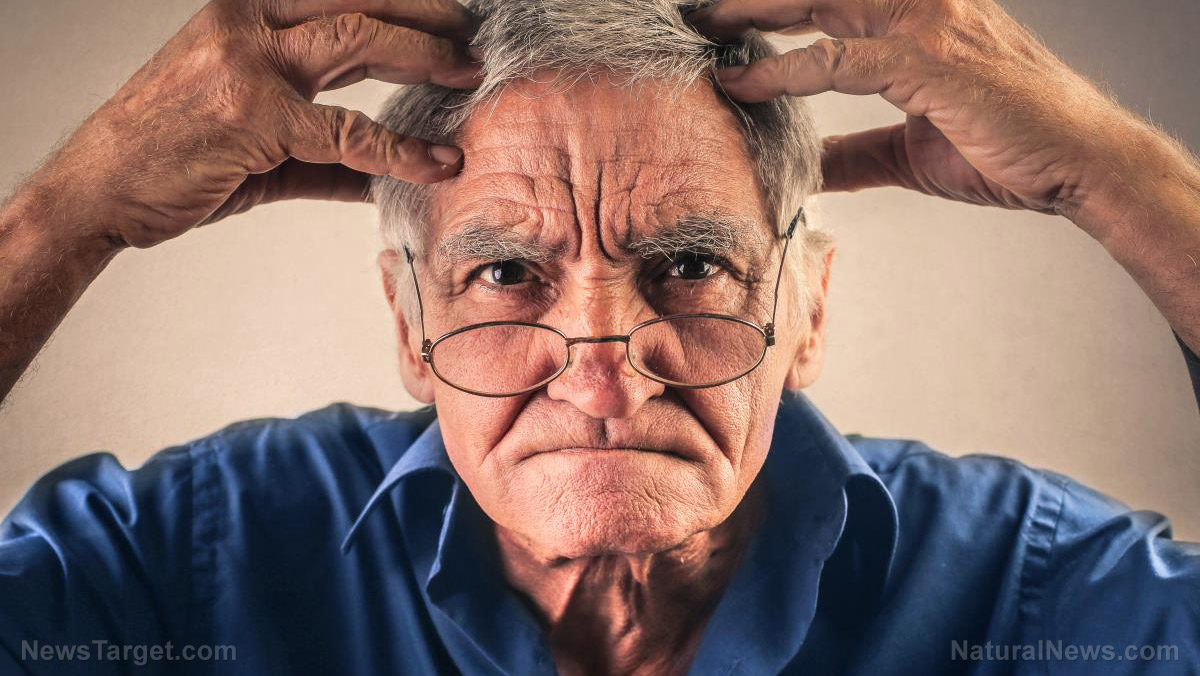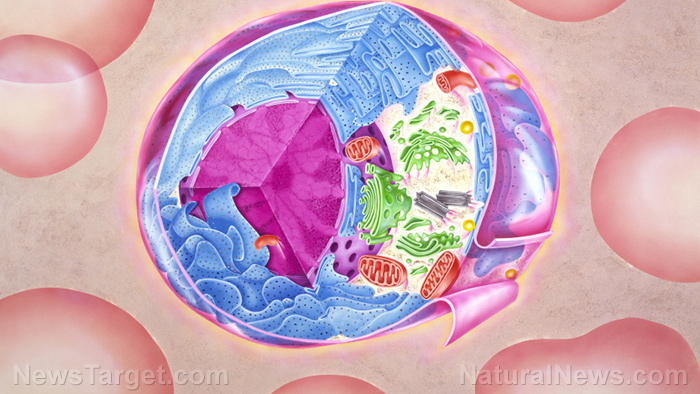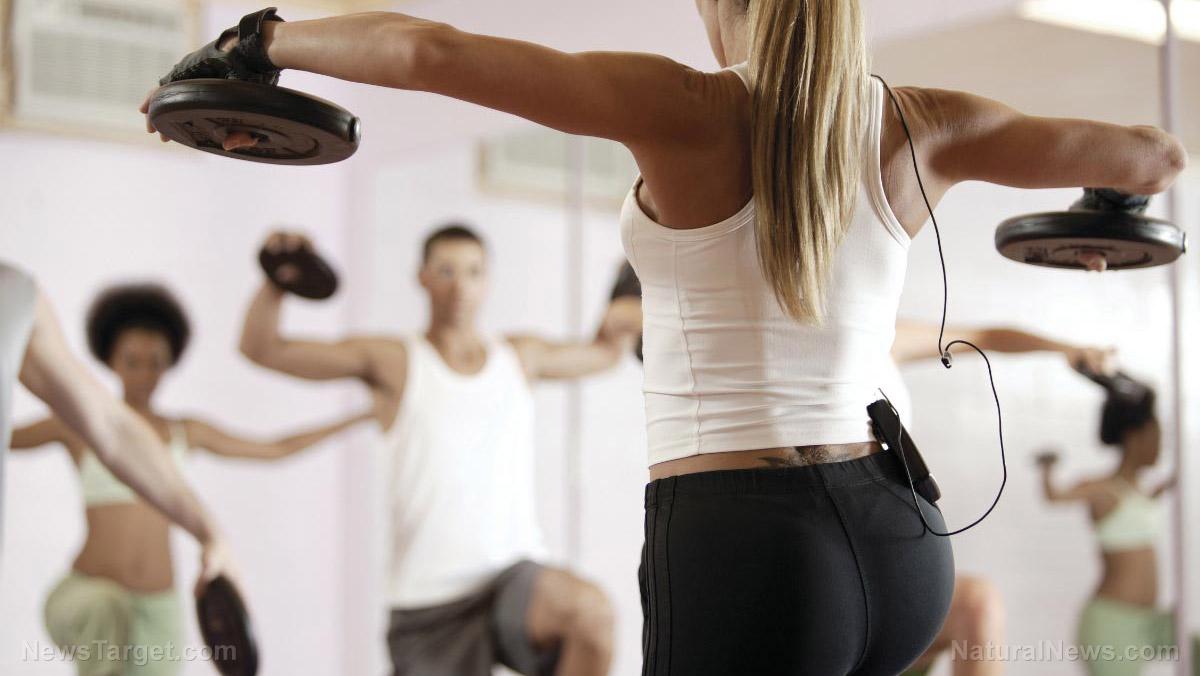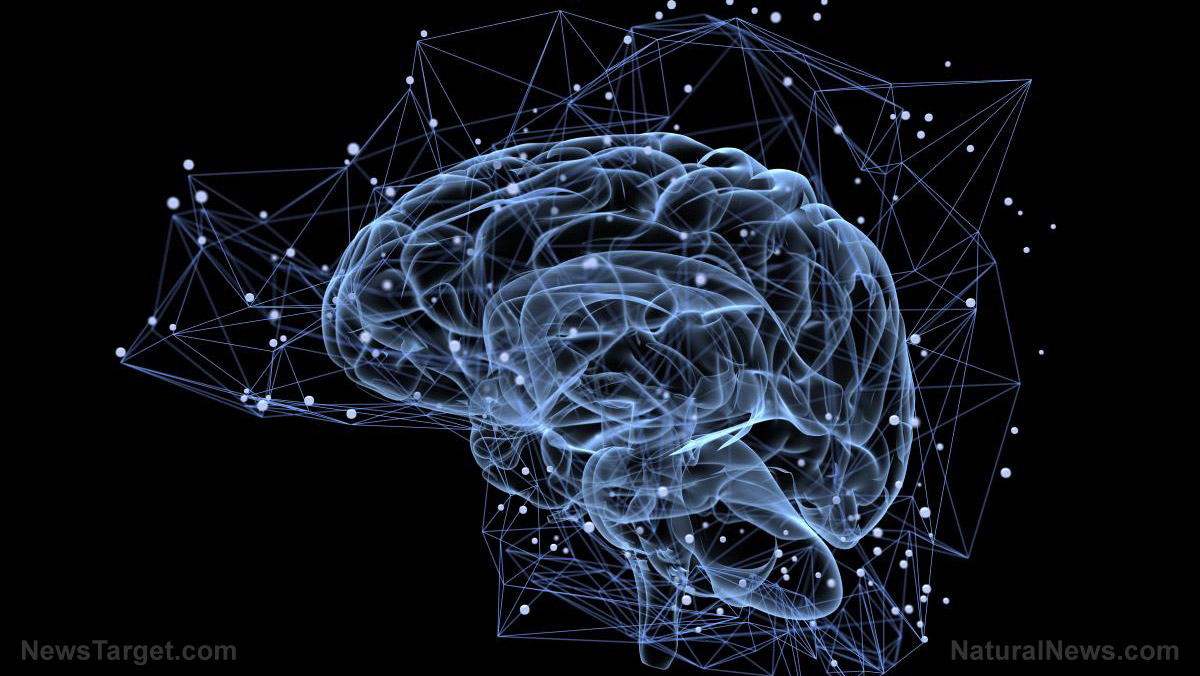Even small amounts of exercise found to alleviate symptoms of ADHD in adults
12/16/2018 / By Michelle Simmons
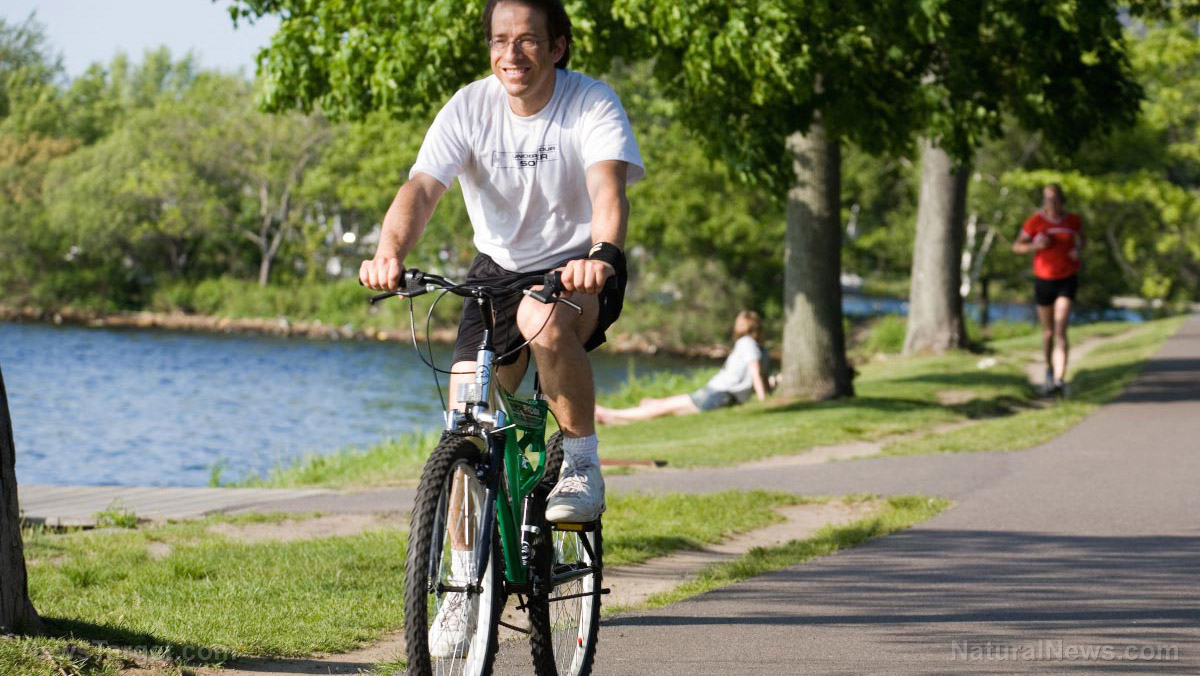
Another study proves that exercise benefits the brain, even in small amounts. A study carried out by researchers at the University of Georgia revealed that adults with attention deficit hyperactivity disorder (ADHD) who exercise, even in small amounts, can experience improvements in the symptoms of their condition.
ADHD is a behavioral disorder that makes it hard for a person to pay attention and control impulsive behaviors. It also causes a person to be restless and almost always active. Nearly six percent of American adults report symptoms consistent with ADHD, which result in anxiety, depression, decreased energy, low motivation, poor performance at work or school, as well as increased traffic accidents.
For the study, the researchers recruited 32 young men with elevated ADHD symptoms. The participants cycled at moderate intensity for 20 minutes for one day. On another day, they sat and rested for 20 minutes as a control. In addition, the participants completed a task that required them to focus both before and after the different conditions. At the same time, the researchers took note of the participants’ leg movement, mood, attention, and self-reported motivation to accomplish the task.
The results of the study revealed that the participants only felt motivated to do the task after the exercise. They also reported feeling less confused and fatigued and more energetic. These findings suggested that even a single round of exercise can provide psychological benefits for adults with elevated ADHD symptoms. Moreover, exercise is a much safer option than prescription drugs as they do not cause adverse side effects. (Related: Just ONE exercise session can offer substantial and IMMEDIATE benefits toward brain health.)
“Exercise is already known as a stress reducer and mood booster, so it really has the potential to help those suffering with ADHD symptoms,” explained Patrick O’Connor, professor in the UGA College of Education’s kinesiology department and senior author of the study.
Other natural ways to improve ADHD symptoms
While there are available prescription drugs to treat ADHD symptoms, there is an increased risk of drug abuse or drug dependence, and of course, negative side effects. In addition to exercise, there are other ways to improve ADHD symptoms. Here are some of them:
- Avoid foods with chemical colorings and preservatives. There are certain food coloring and preservatives that may increase hyperactivity in people with ADHD. Avoid foods with sodium benzoate, FD&C Yellow No. 6 (sunset yellow), D&C Yellow No. 10 (quinoline yellow), FD&C Yellow No. 5 (tartrazine), and FD&C Red No. 40 (allura red).
- Try yoga. Some studies suggest that attending a yoga class may be beneficial for people with ADHD. A study in 2013 indicated that people with ADHD who practiced yoga regularly experienced significant improvements in ADHD symptoms, such as hyperactivity, anxiety, and social problems.
- Consider tai chi. Some studies also reported that doing tai chi may help alleviate ADHD symptoms. Researchers discovered that teens with ADHD who participated in tai chi classes twice a week for five weeks experienced reductions in anxiety and hyperactivity. The study participants also reported daydreaming less and exhibited fewer inappropriate emotions.
- Spending time outdoors: Research suggests that spending at least 20 minutes outdoors may be helpful in enhancing concentration in people with ADHD. Several studies also support that regular exposure to outdoors and green space is a safe and natural treatment that can benefit people with ADHD.
- Consider taking supplements: Taking supplements may help improve ADHD symptoms. These supplements include zinc, L-carnitine, vitamin B6, and magnesium. Some herbal supplements, such as ginkgo, ginseng, and passionflower, may also help reduce hyperactivity.
Read more news stories and studies on improving ADHD symptoms by going to Brain.news.
Sources include:
Tagged Under: adhd, Attention deficit hyperactivity disorder, behavior, behavioral disorder, brain health, exercise, fitness, mental health, mind body science, physical fitness, prevention, research


